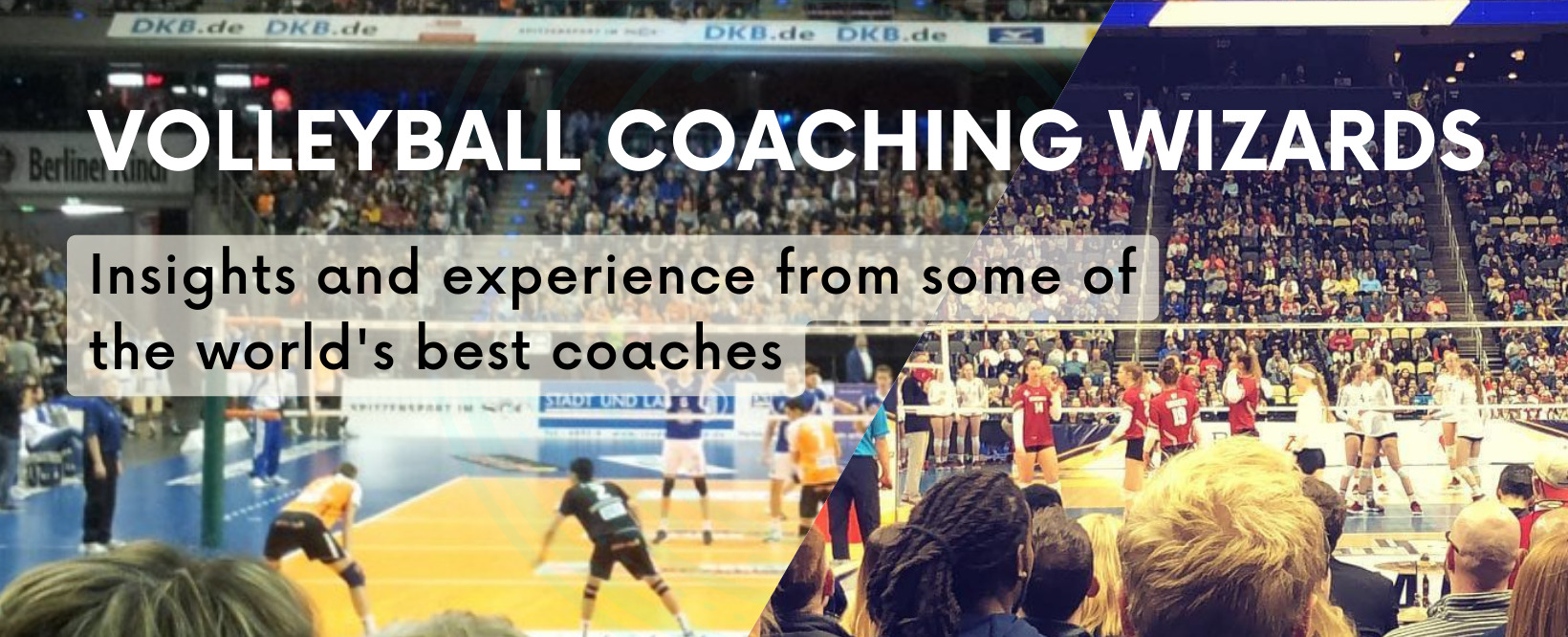In this excerpt from his Volleyball Coaching Wizards interview, Giovanni Guidetti looks at how different nations have their own approaches to training, each resulting in considerable success on the international stage. He concludes by suggesting that at the end of the day each coach must be authentic in how they decide to coach their teams and players.
Giovanni is currently the Turkish women’s national team coach. He previously coached the Dutch national team to 4th in the 2016 Olympics. He previously also coached the German and Bulgarian national squads. He coaches professionally in Turkey and has won multiple CEV Champions League titles and FIVB World Club Championships.
Additional thoughts from Giovanni’s interview can be found in Episode 8 of the Podcast, as well as in the Wizard Wisdom book.

